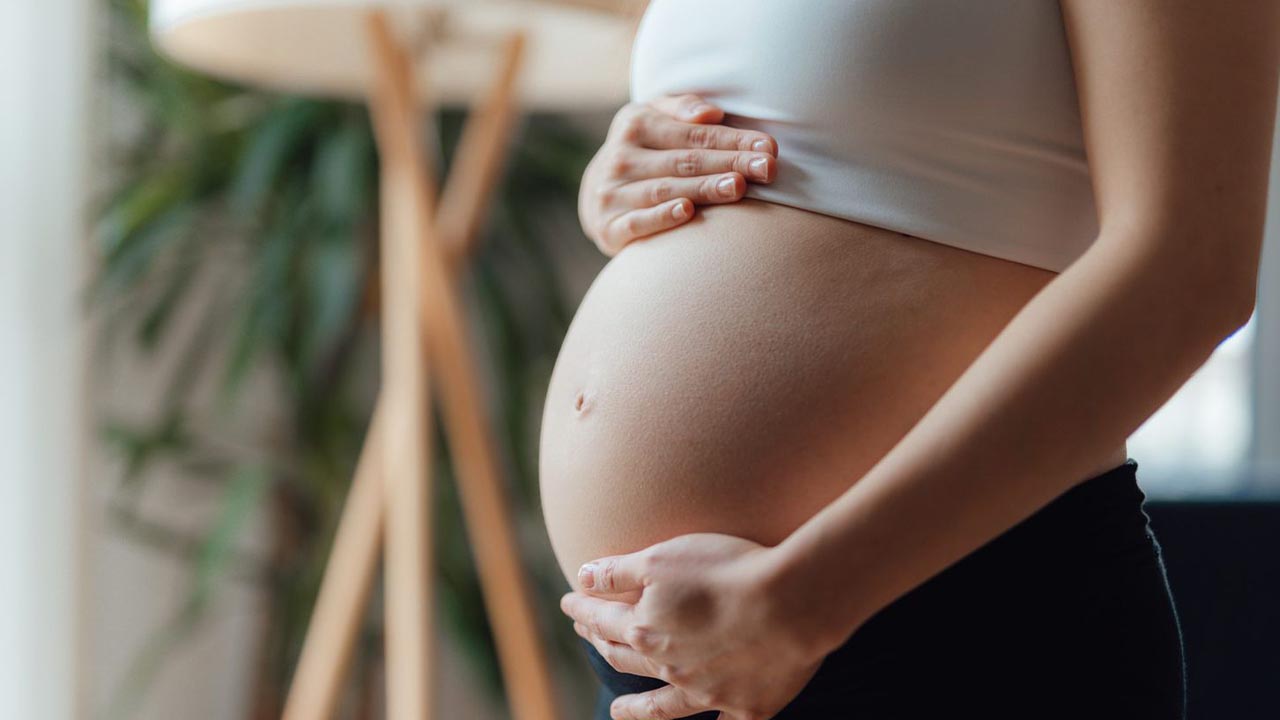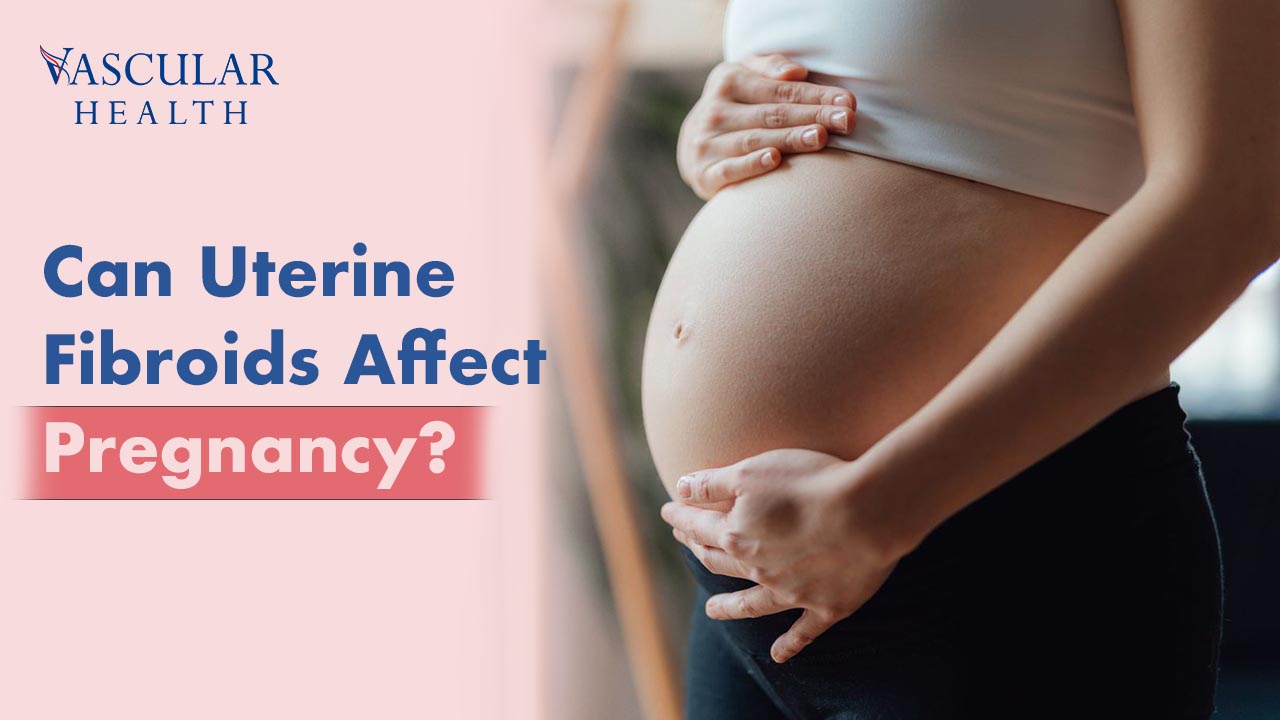Uterine fibroids are benign and abnormal growths that develop within the uterus, mainly within the lining. The abnormal growth of the cells is usually made up of fibrous tissue or muscle, commonly termed Uterine Myomas. They vary in size, shape, and location within the wall of the uterus. Many women encounter different sets of symptoms, such as heavy bleeding during menstruation, pelvic pain, and recurring urination. However, one of the major concerns among women is whether uterine fibroids affect pregnancy or not.
The major concern that arises among women of childbearing age is the potential effect of developing fibroids on fertility and pregnancy. Understanding the relationship between uterine fibroids, pregnancy, and fertility is critical for women’s reproductive health and appropriate decision-making.
Impact of Fibroids on Fertility
One of the main concerns women with uterine fibroids have is how fibroids might affect their fertility or their ability to conceive. Developed fibroids can certainly affect fertility, but the extent of the result varies depending on factors such as size, nature, and location of the fibroids. Large fibroids located near the fallopian tubes or the uterine cavity can meddle with the implantation of a fertilized egg or disturb the normal physiology of the female’s reproductive organs, posing a potential threat to fertility.

They can distort the morphology of the uterus and can also affect sperm transport or embryo implantation, further causing an impact on fertility. Regardless, it’s important to note that not all women with uterine fibroids experience fertility issues. Many women, after developing fibroids, conceive and carry pregnancies without any complications.
Can Uterine Fibroids Affect Pregnancy?
For women with uterine fibroids who do conceive, pregnancy outcomes can differ. Many women with fibroids undergo uncomplicated pregnancies and deliveries. In rare cases, fibroids can lead to pregnancy complications.
One common complication is an increased risk of miscarriage, particularly in cases where fibroids deform the uterine cavity or interfere with the blood supply to the developing fetus. Furthermore, fibroids may contribute to other pregnancy complications such as preterm labor, fetal growth restriction, placental abruption, and the need for cesarean delivery.
The risk and severity of pregnancy complications associated with fibroids depend on factors such as size, location, and number of uterine fibroids, as well as the presence of any other risk factors. Women with fibroids should receive extensive prenatal care, including frequent monitoring and management of any potential complications, to improve pregnancy outcomes.
Treatments for Fibroids
In cases where fibroids are the cause of infertility, treatments such as surgical removal of fibroids termed as myomectomy, minimally invasive procedures such as uterine fibroid embolization (UFE), or assisted reproductive technologies (ART) are recommended to improve fertility outcomes.
Uterine fibroids can indeed influence both fertility and pregnancy outcomes, but the extent of the impact varies among individuals. On the other hand, many women with fibroids can achieve successful pregnancies with appropriate management and care. Women concerned about the effect of uterine fibroids on their fertility or pregnancy should consult with a healthcare specialist for a tailored medical plan.




